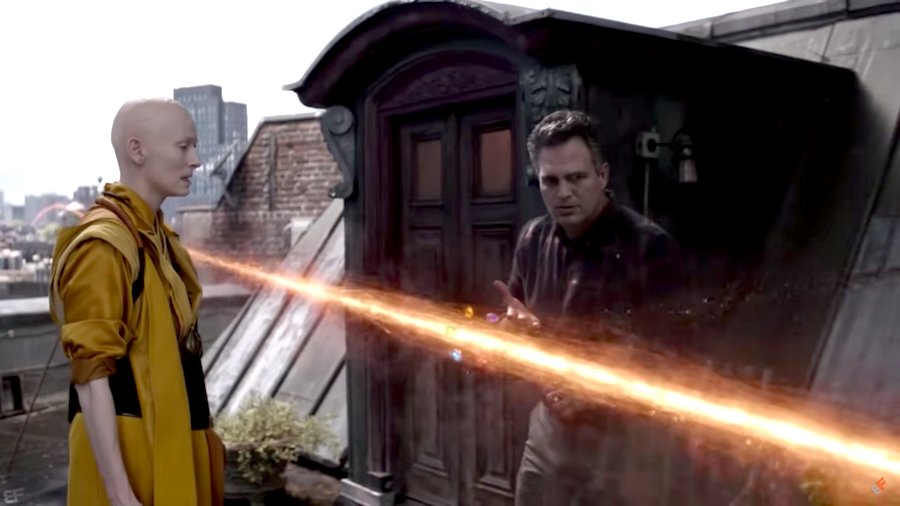A Quick History of The Evolution of Time Travel in Cinema!

Time travel. A tale as old as… well, only a few decades, at least for its depiction in cinema. Wikipedia defines the concept as the hypothetical activity of traveling into the past or future. As movies have evolved, however, filmmakers have pushed the boundaries of this definition to create their own fictional laws of physics in their worlds. Where did it all begin? Well, let’s travel back in time to show you!
One of the earliest instances of time travel in cinema was George Pal’s The Time Machine (1960), based on H.G. Wells’s novella of the same name. The film explores an inventor’s journey into the future using a time machine of his creation. He witnesses an ostensibly utopian world that conceals a dark and disturbing reality. The film won an Academy Award for Best Special Effects and opened the doors for future (no pun intended) time travel concepts in movies.
Perhaps the most famous example is 1985’s Back to the Future, which truly popularized the genre. It introduced a more playful and nostalgic take and emphasized the potential implications of altering the past. In a similar vein, the Hot Tub Time Machine films see four friends transported into their younger bodies, where they must find a way back to their own time. The latter leaned more into the ridiculousness of the concept and is a true comedy film.
During the 2000s, time travel concepts branched out into several variations, each with their own rules and complexities. The concept of altering the past became less popular as filmmakers attempted to root the phenomenon in scientific laws. Christopher Nolan explores ideas of time in several of his films. In Interstellar (2014), Einstein’s Theory of Relativity inspired the emotional conflict of the film, as Matthew McConaughey’s character grapples with the effects of time dilation, which causes him to miss out on years of his family’s lives. In Tenet (2020), Nolan introduced inversion, where the reversal of entropy allows characters to experience time backwards.
Finally, who could forget how time travel is currently dominating the narrative of the Marvel Cinematic Universe? It all began with the record-shattering fourth Avengers film, Avengers: Endgame (2019). The characters even reference Back to the Future as a way to correct the supposition that decisions in the past can alter the future. Instead, traveling into the past creates new timelines, bringing the idea of multiverses into the mainstream.
Looking forward (no pun intended!), time travel will undoubtedly continue to be explored by filmmakers. However, if the poor performance of recent Marvel films involving these concepts is any indication, time travel may take a backseat for the time being...



